Prince Keleshbey Chachba, who ruled Abkhazia at the turn of the 18th and 19th centuries, is one of those Abkhaz politicians who devoted himself entirely to the struggle for the independence of the Motherland.
Asta Ardzinba
He is put on a par with Leon II, Nestor Lakoba and Vladislav Ardzinba. He had to reckon with both the Russian emperor and the Turkish sultan, and none of them was able to completely incline him to his side. One of the most charismatic rulers of his time, the Abkhaz prince Keleshbey Chachba (Shervashidze), who ruled at the turn of the eighteenth and nineteenth centuries, always acted strictly in the interests of his people, successfully balancing between the two great empires whose interests had converged in his country.
What Keleshbey dreamed about
Tsar Leon II (the king of the independent Abkhazian empire-ed.), the Abkhazian ruler Keleshbey, Nestor Lakoba, who led Abkhazia at the dawn of Soviet power, the first president of the Republic of Abkhazia Vladislav Ardzinba ... These politicians are divided by centuries, but the common dream is shared - all four dedicated their life struggle to the independence of Abkhazia.
Leon II in the VIII century managed to create an independent Abkhazian state. Independence became the goal of Keleshbey's entire political career. Nestor Lakoba fought for deliverance from Georgian Menshevism and the establishment of Soviet power, which in Abkhazia was perceived as the restoration of statehood. In the new history of the country, this line was continued by Vladislav Ardzinba, having managed to rally the people in the struggle for freedom and achieve restoration of independence, once lost.
A man of high stature, with fiery hair and sharp features-this is how Keleshbey is described by his contemporaries, while noting in particular that the sovereign prince of Abkhazia was smart, cunning and resolute. It could not be any other way: at the turn of the eighteenth and nineteenth centuries, the interests of the two empires-the Ottoman and the Russian-collided, and in order to pursue one's own policy in the region, one had to have extraordinary abilities.
Rise to power
There is not much information about the childhood and youth of the future ruler of Abkhazia. It is known that Keleshbey spent his youth in Turkey. But whether he was taken there as a child with his family (Keleshbey's father, the ruler Manuchar Chachba, along with the brothers Shirvan and Zurab, was deported by the sultan from Abkhazia in the middle of the 18th century) or was already born in a foreign land - information about this is contradictory. Whatever it was, it is reliably known that in Turkey he was educated and converted to Islam.
Only Keleshbey and his uncle Zurab from the Chachba family managed to return to homeland. Immediately after their return, they find themselves in the midst of political intrigues and struggle for power. During the time of exile of Chachba princes, another princely family - Dzyapsh-ipa – significantly gained strength, and first of all, the uncle married the nephew to the princess of this family, Mariam Dzyapsh-ipa, and then restored the power of the Chachba clan, becoming the ruler.
Remembering how the Turks treated the Chachba family and enlisting the support of the Dzyapsh-ipa clan, Zurab managed to raise the uprising in Sukhum in 1771 and drive out the Turkish military from the city. (Starting from the 15th century, the Turks tried in every possible way to consolidate themselves on the Black Sea, conquering coastal cities one after another. The first Turkish garrison in Sevastopolis (modern Sukhum) was located in 1578, in 1724 they built a fortress here - Sukhum-kale, which was repelled by Zurab Chachba - ed.) However, soon the Turks regained the city. They removed Zurab and from now on the ruler of Abkhazia was his nephew Keleshbey.
So from the eighties of the XVIII century Keleshbey Chachba (Shervashidze) comes to power and for three decades is the sovereign prince of Abkhazia.
Army, navy and ankhayu are the main allies
At the beginning of his political career, Keleshbey had a difficult time: the big Abkhaz feudal lords did not hurry to acknowledge his authority over themselves. The young ruler did not curry favor with them and tried to negotiate, but instead he relied on free peasants, ankhayu, who formed the backbone of the Abkhazian society at that time. It was thanks to them that the prince managed to strengthen the central power in the country and suppress separatist sentiments.
Then the ruler of Abkhazia creates a powerful army and a navy. Neither before nor after the country possessed such powerful military forces. Contemporaries noted that in the event of a military threat Keleshbey in a few hours exhibited a well-armed army of 25 thousand men. At his disposal were artillery and cavalry. And 600 military galleys of the ruler controlled the sea territory from Anapa to Batum.
At the first stage of his reign, Keleshbey enjoyed military and political support from Turkey, Abkhazia’s protectorate. In the heyday of these relations, the ruler even built a 70-gun ship in Sukhum and presented it to Sultan Selim. However, the idea of complete freedom and independence of the Abkhazian state was not given up by the politician, and he often returned to them in secret dreams.
Gaining of independence and policy of maneuvering
At the beginning of the XIX century, the military presence of tsarist Russia in the South Caucasus is increasingly intensified. In 1801, the Kartli-Kakheti kingdom in Eastern Georgia was abolished. An experienced politician, Keleshbey understands that the region has a force to be reckoned with, and begins to take the first steps toward rapprochement with Russia. However, he was in no hurry to take Russian citizenship, hoping with the help of the Russians to get rid of Turkey's protectorate and become independent.
Surprisingly, his plans soon began to be implemented. On July 25, 1806, the Turkish fleet consisting of three warships and eight rowing ships approached the shores of Abkhazia, trying to "call for prudence" the disobedient Keleshbey, but meeting a serious rebuff, was forced to turn around and leave. Keleshbey managed to prepare for the "visit" of the Turks and exposed a Sukhum fortress with a thousand-strong army, which included Abkhazians and Adygs.
The well-known Abkhazian historian Georgy Dzidzaria notes that "this happy event surrounded the name of Keleshbey with the halo of the hero and further raised his authority."
After this incident, Keleshbey spent almost a year pursuing an independent policy and visibly cooled toward Russia.
Keleshbey and the house of Megrel princes Dadiani
It was not easy for Keleshbey to develop relations with the eastern neighbors of Abkhazia - Megrelia and Imeretia. Once part of the Abkhazian kingdom, these lands later separated, became dependent on the Ottoman Empire and by the end of the 18th century they desperately tried to resort to Russia's help in order to get rid of the Turkish yoke. The Abkhazian ruler, who played by his own rules, behaved aggressively enough in relation to neighbors, more than once invaded their lands and his troops even reached the city of Kutaisi, the capital of Imeretia. On the left bank of Ingur, which was part of Megrelia, at the mouth of the river, he secured the fortress of Anaklia, and in 1802 took Levan, a young son and heir of Megrelian ruler Grigory Dadiani, hostage.
When Grigory Dadiani suddenly died in 1804 (according to the testimony of the Catholic priest Nikolai, the personal physician of the ruler of Megrelia, Grigory Dadiani was poisoned by his wife Nina), relations between Russia and Abkhazia have acutely aggravated.
The son of the poisoned ruler of Megrelia was still at that time hostage to Keleshbey. The Russian authorities demanded the immediate extradition of Levan Dadiani, and the brazen refusal of the Abkhazian ruler was responded with a military operation. In March 1805, Russian General Rykgof
repulsed the fortress of Anaklia from Keleshbey. As a result of long negotiations in exchange for the fortress, the Abkhaz prince returned the hostage, who became the formal ruler of Megrelia.
Correspondence with Talleyrand
Realizing the complexity of his position in the conditions of the Russian-Turkish contradictions in order to have more opportunities to reflect the Russian pressure, Keleshbey begins to seek support in Europe.
He is trying to establish foreign policy ties with Napoleonic France. In some sources, there are reports that the Abkhazian ruler corresponded with the Minister of Foreign Affairs of France, the famous Talleyrand. However, none of these letters survived.
Accusations of insincerity
In 1806 another Russian-Turkish war began, one of the theaters of military operations of which was the Black Sea coast of the Caucasus. The Russian authorities decided to use the ruler of Abkhazia in their own interests and in 1807 offered Keleshbey to repel the Turks from the Poti fortress. But he evaded military actions, citing the fact that he could suffer heavy losses.
The ruler of Abkhazia was attacked with accusations of pro-Turkish sentiments, sincerity and friendly intentions towards Russia began to be doubted.
"Kelesh-bek only externally renders his friendship to the Russians," wrote General Rykgof about him, the sworn enemy of the Abkhazian ruler, who in every possible way inclined against him the Commander of the Russian troops in the Caucasus, Count Gudovich.
Soon Gudovich himself attacks Keleshbey with accusations and tells him the words that have become famous and are quoted in all history textbooks: "... You did not help our troops with actions against the Turks, and there is a shadow of doubt casting over you that you are secretly helping the Turks."
Mystery of the century
History acquired a completely unexpected outcome, when on 2 May 1808, as a result of an armed attack, the Abkhazian ruler Keleshbey Chachba was killed in his residence in Sukhum.
Immediately after the assassination, Abkhazia once again became the arena of the fierce struggle of the two powers for the Black Sea coast. First, the elder son of Keleshbey Aslanbey, supported by the Ottoman Empire, became the ruler of Abkhazia. But soon after the Russian troops occupied Sukhum, Safarbey, the son-in-law of Megrel princes Dadiani and Keleshbey's son, born by the peasant from the Leiba family, for this reason, had no right to the throne.
The arguments on who killed Keleshbey did not cease for decades. About two centuries, the murder was associated with the intrigues of Turkey, and Aslanbey was called the parricide.
In modern historiography, a hypothesis emerged that the removal of Keleshbey from the political arena was beneficial to the Russian command in the Caucasus and Megrelian princes Dadiani. The author of this theory, the Abkhazian historian Stanislav Lakoba, at the same time, notes that there were a lot of people interested in eliminating Keleshbey, therefore neither Turkish nor Russian cards can be discounted.
Throughout his life, Keleshbey strove for freedom and skilfully maneuvered between neighboring empires, whose interests crossed in Abkhazia.
August 12, 1808 Safarbei will send the Russian Emperor Alexander I "petition points" on the acceptance of the Russian citizenship by Abkhazia. Based on this request, on February 17, 1810 Alexander I recognized Georgy (Safarbei at that time adopted Orthodoxy with the name of Georgy, ed.), "hereditary prince of the Abkhazian sovereignty under the supreme patronage, power and protection of the Russian Empire." Abkhazia became part of the Russian Empire.

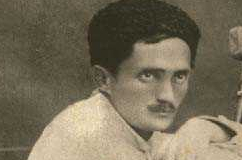
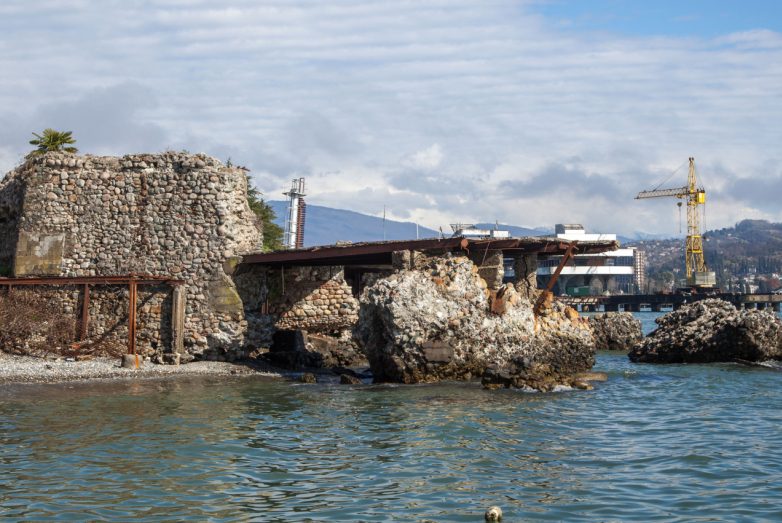
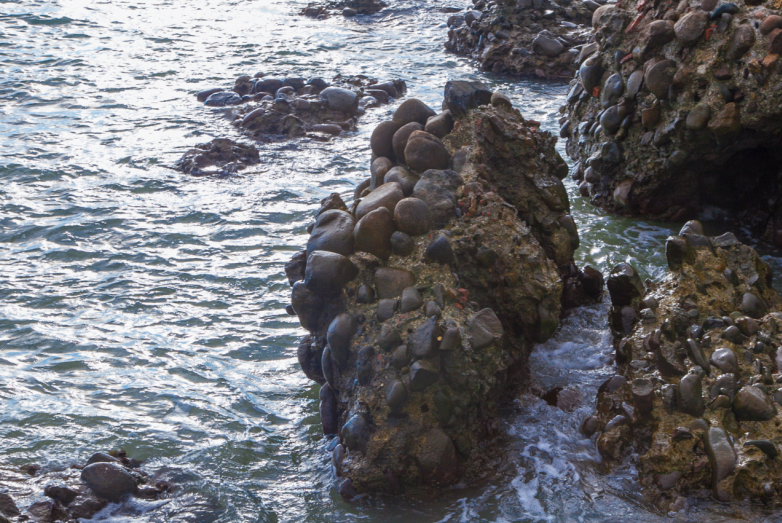
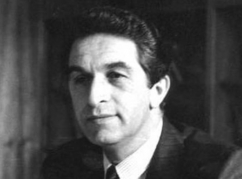
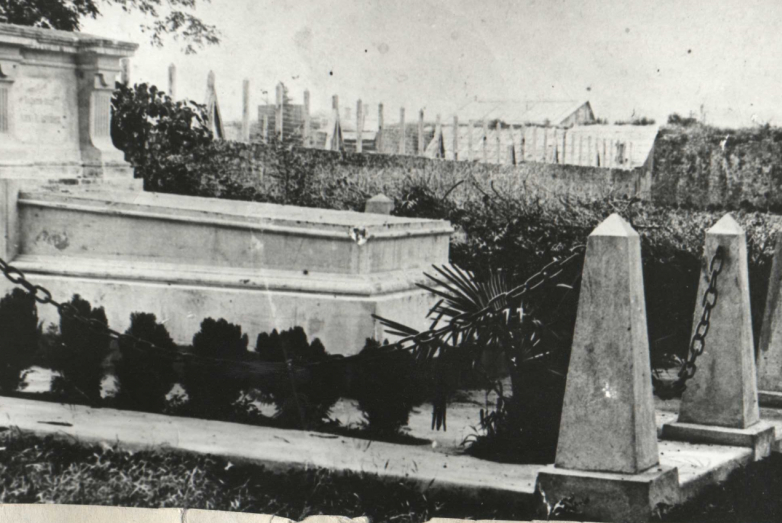
to login or register.